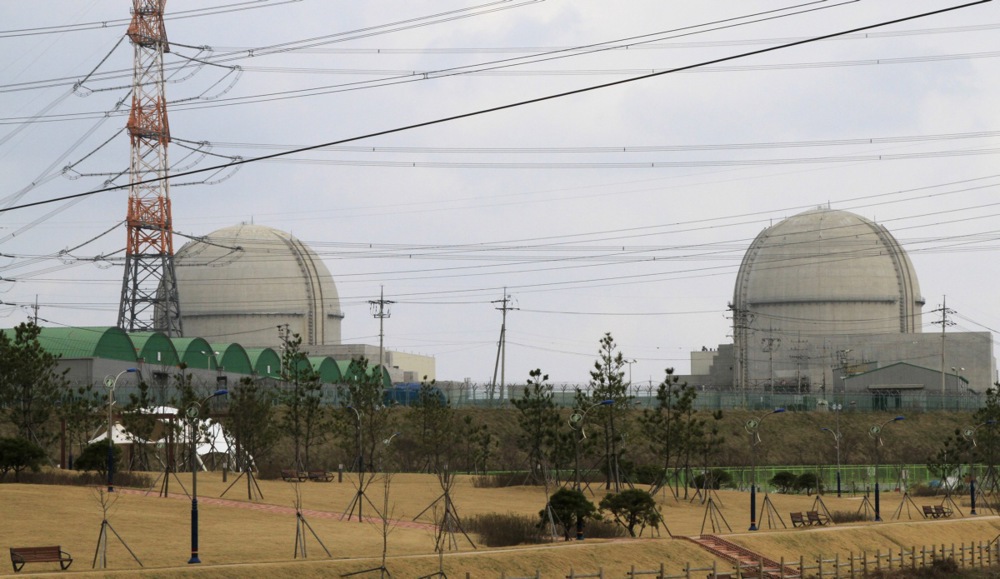Polish State energy conglomerate Orlen has agreed with Synthos Green Energy, owned by Poland’s richest man, to build the country’s first small modular nuclear reactor (SMR) near the city of Włocławek.
“Poland will host the first BWRX-300 small modular reactor in Europe. We are building the energy system of tomorrow,” declared Orlen’s CEO Ireneusz Fąfara on August 28.
“Access to this technology places us at the forefront of the global deployment of small modular reactors,” he added.
In recent years, Orlen has sought to diversify away from its traditional focus on oil and gas by moving towards nuclear, hydrogen and wind power.
Synthos, owned by billionaire Michał Sołowow, moved into the SMR sector four years ago when it signed a letter of intent with GE Hitachi Nuclear Energy with the aim of setting up at least 10 BWRX-300 reactors in Poland by 2030.
The partnership between Orlen and Synthos was approved by the European Commission in 2023.
The proposals, part of a wider strategy to develop nuclear energy in Poland, will see a US-made BWRX-300 mini reactor installed 140km from the capital Warsaw, the first time the technology is to be used in Europe.
In recent years, SMR’s have been projected as an alternative to large-scale nuclear plants. The mini reactors are designed to be built in factories and installed on site.
While many countries have plans for SMRs, only two facilities are currently in commercial operation worldwide, one in Russia and the other in China.
Plans to build BWRX-300 units are in motion in the US and Canada, while companies in several European states, including the UK, Sweden and Estonia, are also considering investing in this type of SMRs.
Poland, which currently has no nuclear power generation, has in recent years launched ambitious plans to enter the sector . The previous Conservative government set a target of 23 per cent of Poland’s electricity to come from nuclear power by 2040.
The present government led by Prime Minister Donald Tusk has finalised an agreement with US company Westinghouse for the development of the country’s first nuclear power plant near its Baltic coast.
A few days ago, though, Korea Hydro & Nuclear Power withdrew from plans to build another nuclear plant, blaming the Tusk government for failing to support the project.
The government has since announced that the plant near Konin will be built with other partners.
Those plans are separate from the development of SMRs, which Poland hopes to have hooked up to its energy grid by 2040.





